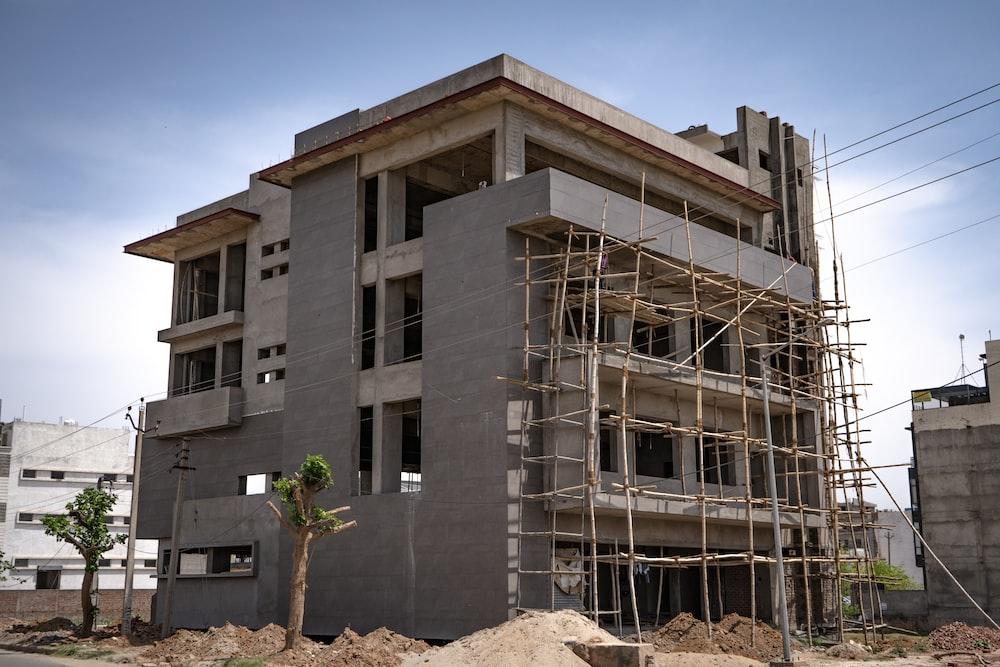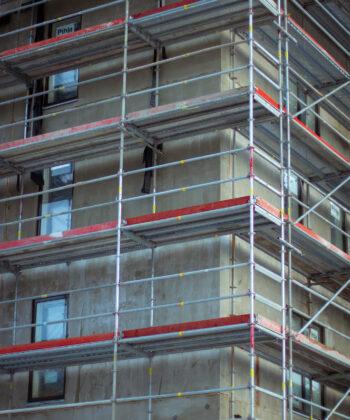See Our Construction Projects




When it comes to construction projects, there are several
key points to consider. Here are some essential factors to keep in mind:
- Planning and Design: Thoroughly plan the construction project, starting with a detailed design that meets your requirements. Consider the purpose of the construction, the intended use of the space, and any specific features or functionalities needed.
- Budgeting and Financing: Establish a realistic budget for the construction project, considering all the costs involved, including materials, labor, permits, equipment, and contingencies. Secure adequate financing or funding sources to ensure smooth progress throughout the project.
- Permits and Regulations: Research and obtain all the necessary permits and approvals required by local authorities before commencing construction. Ensure compliance with building codes, zoning regulations, environmental regulations, and other legal requirements.
- Project Management: Appoint a competent project manager or team to oversee and coordinate all aspects of the construction project. They should be responsible for scheduling, budget management, procurement, quality control, and effective communication among stakeholders.
- Material Selection and Procurement: Carefully choose construction materials based on their quality, durability, suitability for the project, and cost-effectiveness. Establish reliable supply chains and ensure timely procurement of materials to avoid delays.
- Safety Measures: Prioritize safety throughout the construction process. Implement comprehensive safety protocols, provide proper training to workers, and regularly inspect the construction site to mitigate potential hazards and ensure compliance with safety regulations.
- Skilled Workforce: Hire skilled and experienced construction professionals, including architects, engineers, contractors, and subcontractors. Ensure that all workers are properly trained, licensed, and certified in their respective fields to maintain quality standards.
- Communication and Collaboration: Foster clear and effective communication among all stakeholders involved in the construction project. Regularly communicate project updates, address concerns, and maintain a collaborative atmosphere to facilitate problem-solving and decision-making.
- Quality Control and Inspections: Implement a robust quality control system to monitor construction activities, ensure adherence to design specifications, and maintain high construction standards. Conduct regular inspections and tests to identify and rectify any deficiencies promptly.
- Project Timeline and Progress Tracking: Develop a realistic construction timeline, including milestones and deadlines. Regularly track the progress of the project to identify potential delays or issues and take corrective actions to keep the project on schedule.
Remember, construction projects can be complex and
demanding, so meticulous planning, effective management, and adherence to
industry best practices are crucial for successful outcomes.